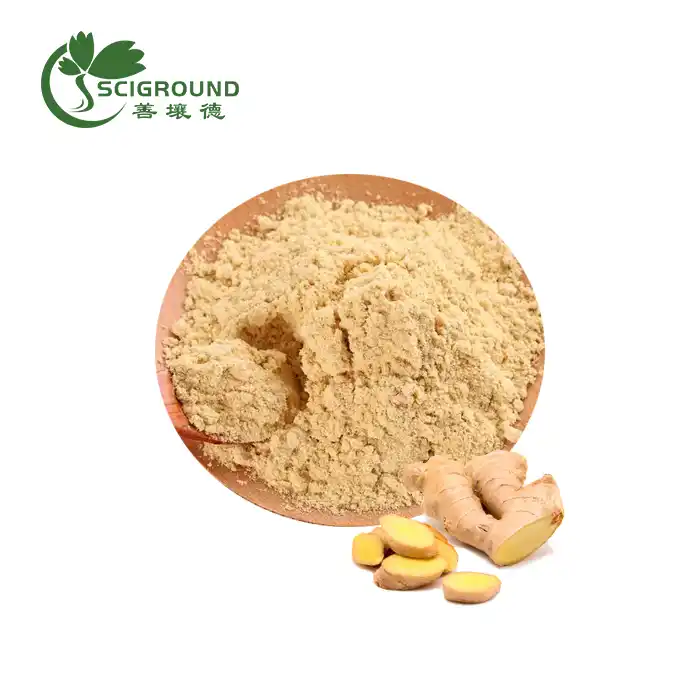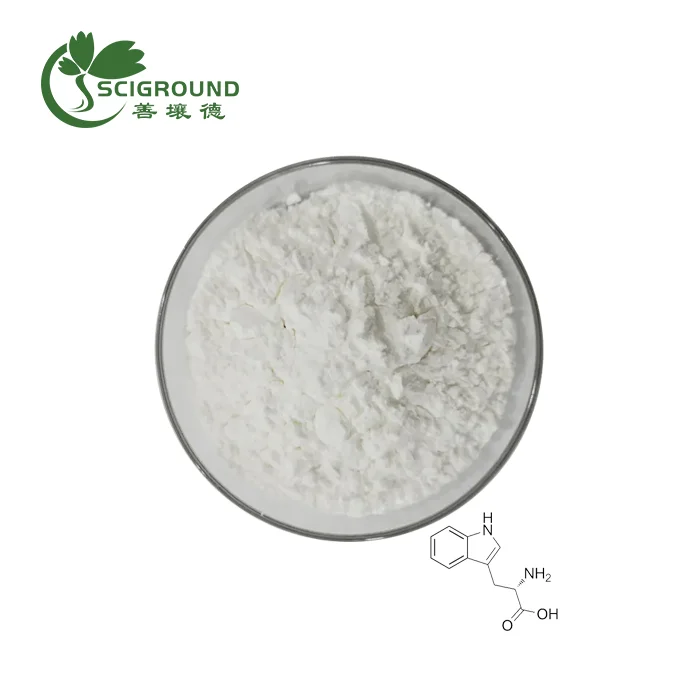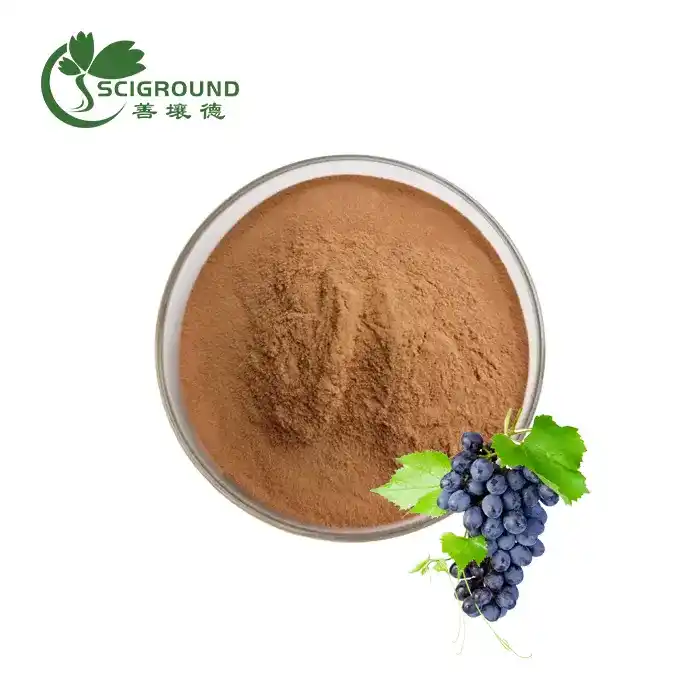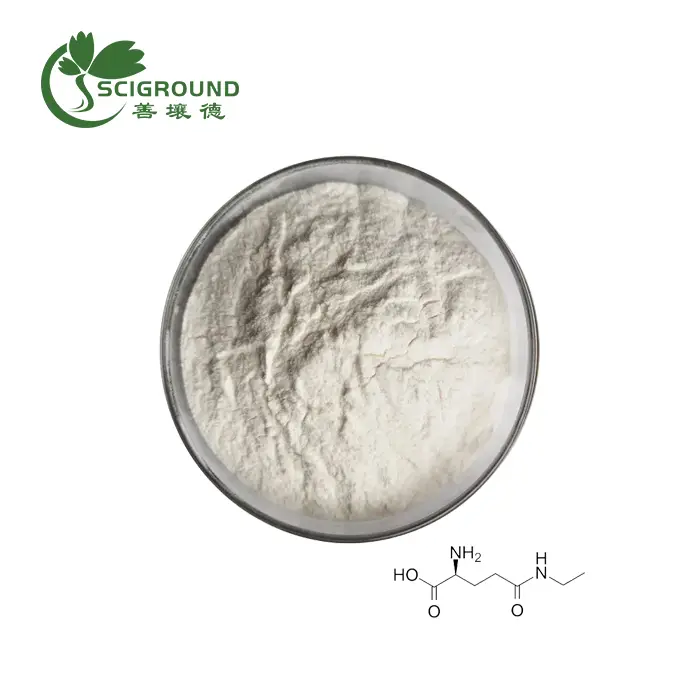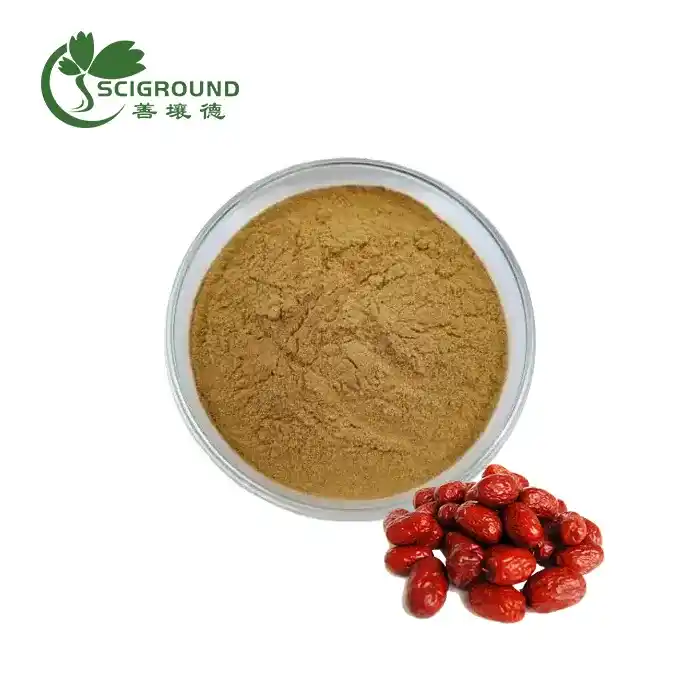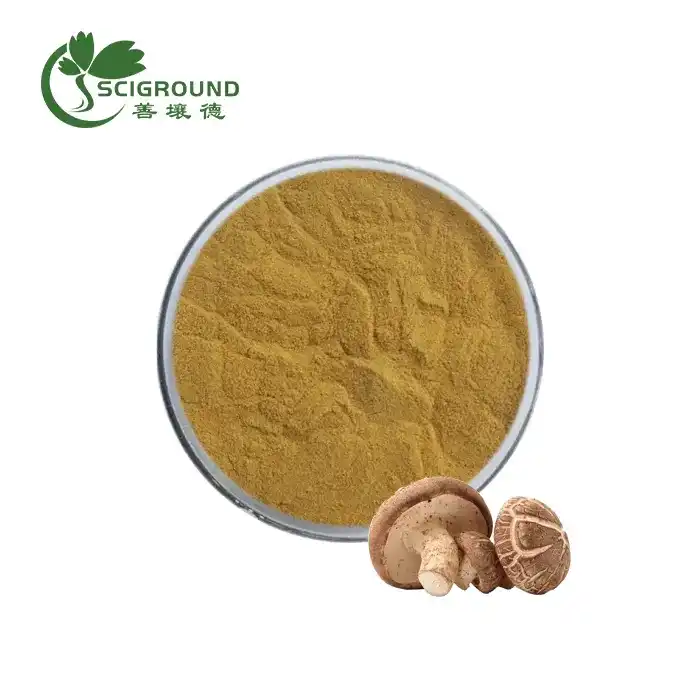What is corn silk good for
What is corn silk extract powder?
Corn silk extract powder is made from the fine, soft, yellowish strands or threads that are found on an ear of corn. The extracts are taken from the corn silks and concentrated into a powdered form.
Corn silk extract powder is rich in proteins, vitamins, minerals, and antioxidants. It contains compounds like flavonoids, phenolic acids, polysaccharides, and phytosterols. Many of the beneficial plant compounds are concentrated in corn silk extract powder.
Taking corn silk extract powder capsules or adding the powder to drinks, foods, or skincare products may provide health benefits thanks to its nutrient profile. However, more research is still needed on the efficacy and proper dosage of corn silk extract powder for humans.
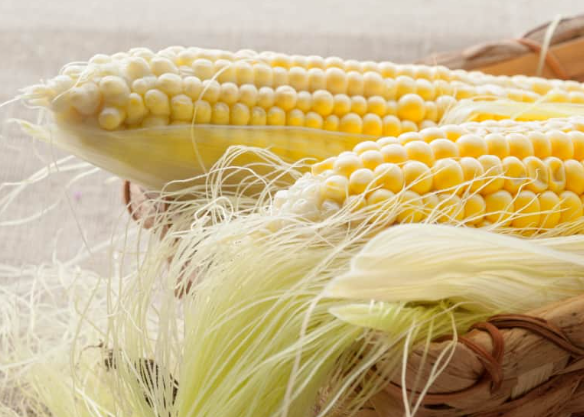
Can I take corn silk everyday?
It is likely safe for most healthy adults to take corn silk every day in moderate amounts. Potential benefits of daily corn silk supplementation may include:
Improved kidney and urinary tract health due to anti-inflammatory and diuretic effects
Lowering blood sugar and cholesterol levels, based on results from animal studies
Increased hydration and electrolyte balance from its mineral content
Boosting immunity and antioxidant status thanks to vitamin C and polyphenols
Aiding digestion and relieving constipation through fiber and antioxidant content
The recommended dosage is approximately 2-3 grams per day of corn silk. You can take corn silk daily as a tea, tincture, capsule, or powder. However, consult your healthcare provider before starting a supplement regimen.
Do not exceed 3-4 grams per day without medical approval. Take at least 1-2 days off per week from corn silk supplements. Monitor your fluid intake and output to avoid dehydration or electrolyte imbalance.
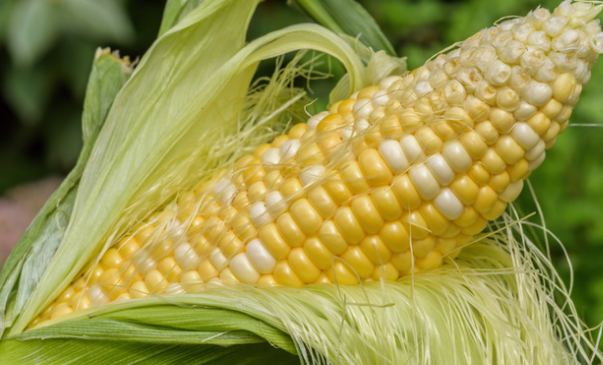
What are the benefits of corn silk for skin?
Here are some of the top ways corn silk may improve skin health:
Hydration - Corn silk extracts help skin better retain moisture.
Anti-aging - Antioxidants like flavonoids fight wrinkles by neutralizing free radicals.
Texture - Vitamin C boosts collagen to minimize fine lines and smooth skin.
Elasticity - Compounds may inhibit elastase activity that leads to sagging skin.
Healing - Vitamin K helps speed wound closure and reduces scarring.
Brightening - Lutein reduces hyperpigmentation and evens out skin tone.
Acne - Antimicrobial and anti-inflammatory properties help treat breakouts.
Irritation - Soothes inflammatory conditions like eczema or psoriasis.
Cancer prevention - Early research shows extracts may curb growth of melanoma cells.
Apply creams with corn silk extract or use DIY masks with corn silk powder. But consult a dermatologist before trying new skin remedies. More human research is still needed.
How do you use corn silk for hair growth?
Some ways to potentially use corn silk for stimulating hair growth include:
Corn silk powder - Steep the silk strands in hot water then use as a conditioning rinse after shampooing. The vitamins and minerals may strengthen hair.
Infused oil - Soak corn silk in a carrier oil for several weeks then apply oil directly to scalp to moisturize hair follicles.
DIY serum - Mix corn silk extract or powder into oils like castor, coconut, or olive oil. Massage serum into scalp and lengths of hair.
Supplements - Take corn silk capsules that contain concentrated extracts. Consult a doctor on proper dosage.
Powder - Sprinkle corn silk powder directly onto conditioner or hair masks before applying to hair.
However, human data is limited for corn silk and hair growth. Further research is still needed before corn silk remedies can be recommended. Consult your dermatologist first.
What is the Chinese secret for hair growth?
Traditional Chinese medicine utilizes a few key ingredients for promoting hair growth:
He shou wu (Fo-ti) - A Chinese herb used to nourish hair and treat baldness. It contains compounds that may stimulate hair follicles.
Nu zhen zi (Privet fruit) - Used to improve circulation in the scalp and provide essential nutrients that strengthen hair.
Han lian cao (Eclipta) - An herb that may inhibit enzyme 5-alpha reductase to block DHT, a hormone linked to balding.
Ginseng - Believed to stimulate hair follicles and boost collagen production for thicker hair.
Dong chong xia cao (Cordyceps) - A type of medicinal mushroom used to treat hair thinning and loss.
Massage - Acupressure and scalp massage improves circulation.
Acupuncture - May enhance blood flow and energy to stimulate hair regrowth.
However, there is limited clinical data on these traditional remedies for human hair growth. Further research is warranted. Consult a TCM practitioner for guidance.
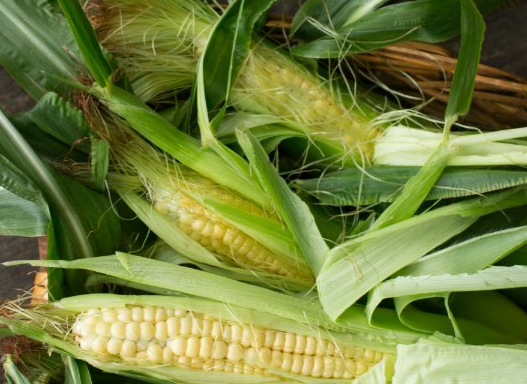
Who should not take corn silk?
It is best to avoid corn silk if you:
Are pregnant or breastfeeding - Safety has not been established.
Have upcoming surgery - Large doses may slow blood clotting.
Take lithium medication - Corn silk may interact and cause toxicity.
Have kidney disease - May exacerbate kidney problems due to diuretic action.
Have diabetes - May affect blood sugar control. Monitor closely.
Are dehydrated or heat exhausted - Further fluid loss may occur.
Have an allergy - May react to grass pollens or corn components.
Children and the elderly should also use corn silk cautiously due to potential fluid and electrolyte disturbances. Start slowly and consult a doctor before using corn silk supplements or remedies.
Does corn silk really work?
There is some emerging research showing corn silk may offer certain health benefits. However, human studies are still limited overall. Potential benefits include:
Diuretic effects - Helps increase urine output as demonstrated in animal studies.
Kidney stone prevention - May inhibit kidney stone formation but requires more study.
Blood sugar lowering - Early lab and animal research shows corn silk extracts may reduce glucose levels.
Cholesterol lowering - Studies in rats indicate corn silk may lower LDL and triglycerides.
Antioxidant effects - Lab analysis confirms antioxidant activity, especially from flavonoids.
Skin benefits - Cell studies suggest corn silk has anti-aging effects on skin. More research is needed.
Hair growth - Contains compounds that may support hair health, but human data is lacking.
While corn silk shows promise based on preliminary results, larger scale human trials are still needed to confirm efficacy, optimal dosing, and potential side effects. Work closely with your doctor when using corn silk.
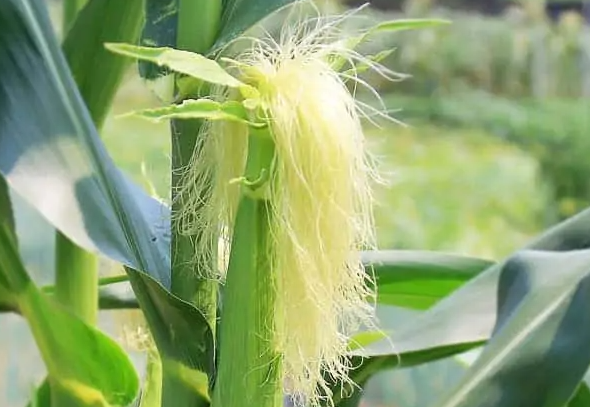
Does corn silk reduce belly fat?
There is currently no good evidence that corn silk extract powder reduces belly fat or promotes weight loss. However, there are a few ways corn silk may help:
Diuretic effect - Helping flush out excess water may temporarily decrease belly bloating.
Fiber content - This may induce feelings of fullness and curb appetite.
Lower blood sugar - Controlling glucose levels may minimize fat storage over time.
Increase bile production - Bile helps metabolize dietary fats in the body.
However, these potential effects require much more research, especially human clinical trials. There are no studies confirming corn silk specifically reduces belly fat or causes long-term weight loss.
While corn silk supplements are considered safe for most people, they should not replace conventional weight loss strategies like diet, exercise, and professional medical treatment. Consult your doctor about healthy weight management.
Is corn silk safe?
For most healthy adults, Corn silk powder is considered safe when consumed in normal food amounts or taken as a short-term herbal supplement. However, side effects may include:
Digestive issues - Cramping, bloating, diarrhea due to fiber content.
Hypoglycemia - Lowered blood sugar in diabetics.
Hypotension - Decreased blood pressure.
Mineral depletion - Excess urination removes electrolytes.
Kidney problems - Worsening of kidney disease from diuretic effects.
Allergic reaction - Rash, hives, itching.
Slowed blood clotting - Increase risk of bleeding and bruising.
To reduce risk of side effects, avoid exceeding recommended doses. Monitor blood pressure and blood sugar closely. Stay hydrated to prevent electrolyte imbalance. Consult your doctor before using corn silk supplements long-term or in high doses.
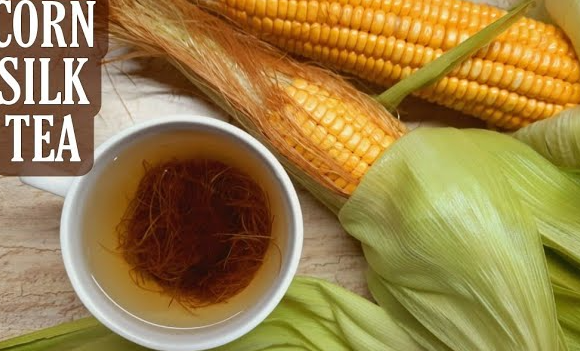
When should I drink corn silk tea?
Some of the best times to drink corn silk tea include:
Early morning - Sips of this mild diuretic tea may help flush toxins first thing.
Between meals - Having corn silk tea mid-morning or mid-afternoon avoids interfering with nutrient absorption.
Before bed - To stay hydrated and promote urination overnight.
During illness - May soothe upset stomachs and provide antioxidants.
On an empty stomach - Allows nutrients to be absorbed efficiently.
After eating fatty foods - Corn silk increases bile production to help digest fats.
However, avoid drinking large amounts of corn silk tea with meals as the diuretic action may hinder nutrient absorption. Do not exceed 3-4 cups per day without medical guidance. Stay hydrated while drinking corn silk tea.
Ways to use corn silk
There are several ways to add corn silk to your diet or routine:
Corn silk tea - Add 2-3 tablespoons of fresh or dried corn silk pieces to hot water and steep for 5-10 minutes.
Powder - Stir corn silk powder into water, juice, smoothies, oatmeal, or yogurt. Use 1/2 to 1 teaspoon per serving.
Extract liquid - Add 10-30 drops of corn silk extract to water or tea 1-2 times per day.
Capsules - Follow dosage on supplement label, usually 1-2 capsules per day. Look for standardized extracts.
Tincture - Use corn silk tincture diluted in water at dosage of 1-2 mL per day.
Topical oil - Infuse dried corn silk into oil for several weeks then apply oil to skin or scalp.
Always start with small amounts of corn silk to assess tolerance. Do not exceed recommended dosages without medical guidance.
Precautions with corn silk
When using corn silk, keep these precautions in mind:
Pregnant/nursing women should avoid use due to lack of safety data.
Monitor blood sugar closely if diabetic - may lower glucose.
Limit intake for children under age 12 due to diuretic effects.
Avoid taking with lithium medication - may interact.
Speak with your doctor if you have upcoming surgery to prevent bleeding risks.
Drink plenty of fluids to prevent dehydration and electrolyte depletion.
Watch for allergic reactions and stop use if any occur.
Don't exceed recommended doses or long-term use without medical approval.
Introduce corn silk gradually to assess your personal tolerance and response.
Conclusion
While corn silk shows promise for certain uses like diuresis, kidney health, digestion, and antioxidant support, human research is still preliminary. High quality clinical trials are needed to establish efficacy and safety. Work closely with your healthcare provider before using corn silk supplements or remedies. Proper dosage and avoiding interactions are key to reducing side effect risks. In moderation, corn silk may offer some complementary health benefits. But it should not replace conventional medical treatment.
We are corn silk extract powder manufacturers & suppliers, if you want to place an order for corn silk powder, kindly reach out to Sciground at info@scigroundbio.com.
References:
[1] Guo, J., Liu, T., Han, L., & Liu, Y. (2009). The effects of corn silk on glycaemic metabolism. Nutrition & metabolism, 6(1), 1-7.
[2] Ebrahimzadeh, M. A., Pourmorad, F., & Bekhradnia, A. R. (2008). Iron chelating activity, phenol and flavonoid content of some medicinal plants from Iran. African Journal of Biotechnology, 7(18).
[3] Vazquez-Ortiz, F. A., Caire, G., Higuera-Ciapara, I., & Hernandez, J. F. (1995). High performance liquid chromatographic determination of free amino acids in shrimp. Journal of Liquid Chromatography & Related Technologies, 18(11), 2225-2232.
[4] Liu, J., Wang, C., Wang, Z., Zhang, C., Lu, S., & Liu, J. (2011). The antioxidant and free-radical scavenging activities of extract and fractions from corn silk (Zea mays L.) and related flavone glycosides. Food Chemistry, 126(1), 261-269.
[5] Maksimović, Z., Malenčić, Đ., & Kovačević, N. (2005). Polyphenol contents and antioxidant activity of Maydis stigma extracts. Bioresource Technology, 96(8), 873-877.
About Author

Celine Xu is a botanist with over 15 years of experience researching and developing plant extracts for nutritional and pharmaceutical applications. She leads an R&D team focused on identification, cultivation and extraction of medicinal plants. Celine Xu earned a Ph.D. in Plant Biology has authored numerous articles in peer-reviewed journals about the health benefits of specific phytochemicals. She frequently speaks at industry conferences about new developments in plant extract research. Celine Xu is dedicated to advancing the scientific understanding of how targeted plant compounds can be used to improve human health.
Related Industry Knowledge
- Why are ginkgo leaves special?
- What kind of inflammation does curcumin reduce?
- L Arginine HCL Benefits
- What Foods Contain Capsaicin?
- Shiitake Mushroom Benefits for Skin
- OPC Grape Extract Powder: Unlocking the Health Potential of Grapes
- Unlocking the Power of Traditional Medicine with Astragalus Extract Powder
- Unveiling the Nutritional Powerhouse: Broccoli Extract Powder
- Unleashing the Power of Alfalfa Extract Powder: A Natural Superfood for Health and Vitality
- How Long Does Capsaicin Burn Last?
